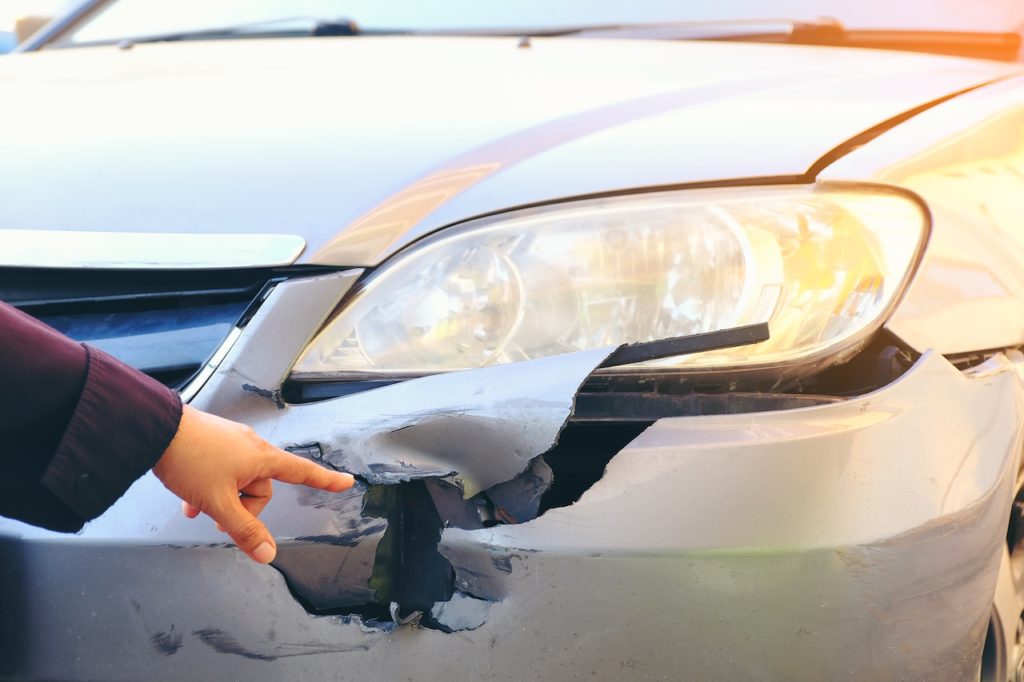Trucking and vehicle accident claims are different from other types of insurance claims due to their unique circumstances. When these accidents occur, they can be extremely complicated to deal with and require the help of a professional. Claims involving trucks, commercial vehicles, and freight shipments can be more complex than car accidents as there are often a variety of parties involved in the crash. Here are five ways that trucking and vehicle accident claims differ:
1. Vehicle Size
One of the most obvious differences between trucking and vehicle accident claims is the size and weight of the vehicles involved. Commercial trucks can weigh up to 80,000 pounds, making them far larger than the average passenger car. In addition, when an accident occurs involving a commercial vehicle, there may be multiple trailers with cargo that needs to be addressed, resulting in larger damage and injury claims.
2. Liability Insurance Limits
When a trucking or vehicle accident occurs, the liable party’s insurance limits may be much higher than those of a standard passenger car. Commercial vehicles are often required to carry significantly higher liability limits due to their large size and weight, which can result in more expansive damage claims. For instance, the liable party in a commercial trucking accident may be responsible for up to $1 million in damages.
3. Logging and Tracking
Commercial vehicles are often required to maintain detailed records of their activities, such as delivery and rest breaks. This can be important when attempting to establish liability for an accident, as it will provide insight into any potential lapse in maintenance or fatigue on the part of the driver. The availability of this information can be critical to the success of a trucking or vehicle accident claim.
4. Multiple Drivers and Parties
In a trucking or vehicle accident, there may be multiple parties involved. For example, in addition to the driver of the commercial vehicle, there is often another individual or company that owns or leases the truck. Additionally, if any cargo was being transported at the time of the accident, its owner or shipper may also be held liable. The best way to understand the full scope of responsibility in a trucking or vehicle accident is to consult an experienced attorney.
5. Statute of Limitations
Finally, the statute of limitations on trucking or vehicle accident claims is shorter than for many other types of insurance claims. This means that those involved in the accident need to act quickly to protect their rights and seek compensation for damages caused by the crash. For these reasons, it is important to contact an experienced attorney as soon as possible after a trucking or vehicle accident has occurred.
Trucking and vehicle accident claims can be complex due to the size, weight, and multiple parties involved in these types of crashes. It is important to understand the differences between trucking and passenger car accidents in order to help ensure a fair settlement for all those affected by the crash. If you have been injured in a trucking or vehicle accident, it is important to get legal advice as soon as possible.


